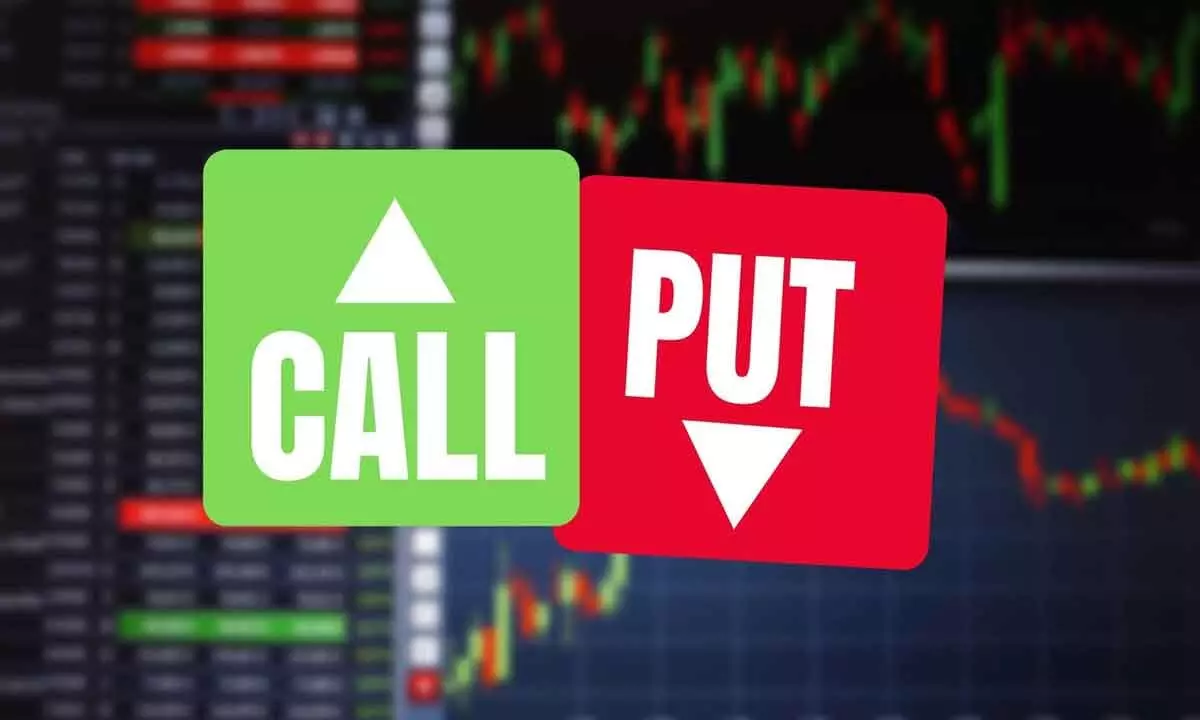Call and Put options explained
Loss or profit in either case is limited to the extent of premium paid or received. Buyers pay a premium and sellers receive a premium
image for illustrative purpose

So far, we have understood that there are two types of options, call and put option. Based on these two options we can
♦ Buy a call option
♦ Sell a call option
♦ Buy a put option
♦ Sell a put option
With the above four we can make efficient strategies known as Option Strategies
These four option variants can be used to create some outstanding trades. For that we need to have a strong foundation of all the above four. Let's have a quick recap.
♦ Buyer of a call option has limited loss and unlimited profit.
♦ Seller of a call option has limited profit and unlimited loss.
♦ Buyer of a put option has limited loss and unlimited profit.
♦ Seller of a put option has limited profit and unlimited loss.
If your view is bullish, you buy a call option or sell a put option.
If your view is bearish, you buy a put option or sell a call option.
Not to mention the fact, loss or profit in either case is limited to the extent of premium paid or received. Buyers pay a premium and sellers receive a premium.
When we buy, we make a long position and when we sell, we make a short position. Most of the trader’s trade options only to capture the variations in premium. They don't hold their positions still expiry.
Usually, option sellers tend to hold contracts till expiry rather than option buyers. This is because if you have written or sold an option for Rs10 you will enjoy the full premium received, i.e., Rs10 only on expiry.
Question may be hovering in your mind as to why option premiums vary, on what basis do premiums change, how is the premium price calculated.
The answers to these question forms the crux of option trading. If you can master these aspects of an option, you would set yourself on a professional path to trade options. The answers to all these questions lie in understanding the four factors that simultaneously exert its influence on options premiums, as a result of which the premiums vary. Likewise, the premium of the option depends on certain factors called the ‘Option Greeks’. Some Option Greeks tend to increase the premium, while some try to reduce the premium.
A formula called the ‘Black and Scholes Option Pricing Formula’ employs these factors and translates the factors into a number, which is the premium of the option. The Option Greeks influence the option premium; however, the Option Greeks itself are controlled by the markets. As the markets change on a minute-by-minute basis, therefore the Option Greeks change and therefore the option premiums!
(The author is a homemaker, who dabbles in stock market investments in free time)

